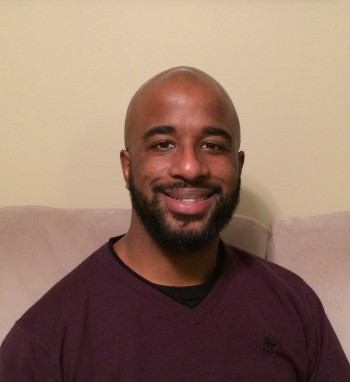
Ahead of the 2018 Ontario and Quebec provincial elections
By MacAndrew Clarke
The year ahead in federal and provincial politics will be important for Black communities in the Ottawa/Gatineau region. For starters, both Ontario and Quebec will be in provincial election mode. Also, the federal government is about 6 months away from legalizing pot. Lastly, in terms of federal politics, the Liberal Party of Canada, the Conservative Party of Canada as well as the NDP and Green Party will be setting themselves up for the general election in 2019.
For Ontario residents, the upcoming provincial election is happening at a time where Premier Wynne remains disliked by a lot of Ontarians. As Patrick Brown, leader of the Conservative Party, and Andrea Horwath, leader of the NDP, seek to elevate their profile amongst voters, it will be important for our community to take a critical look at their policies to see where we go from here. To be clear, this op-ed is not intended to dictate who to vote for. The purpose is to provide a picture of who would be voted for through a critical lens as well as my opinion on how their policies affect our communities.
To begin, the focus of the Ontario Liberals is clear: families. From covering prescription drugs for Ontarians under the age of 25, to raising the minimum wage to $15 per hour, the current government is clearly looking to focus on issues that affect the average worker. As for Patrick Brown, his platform builds on that of the Liberals. The “People’s Guarantee,” as it’s called, promises to lower income taxes, refund child care expenses, decrease the cost of hydro and to put forward a Trust, Integrity, and Accountability Act. As for the NDP, Andrea Horwath is focused on the same things as Wynne and Brown, with the addition of protecting Ontario’s water.
Why do all the platforms sound the same? Because it’s the cycle of politics. Parties placate to their base while in power until the year before the next election. It’s called “running to the centre.” While Wynne is largely unpopular in the polls, some may remember why that is. For the most part, people will point to hydro rates as a result of selling Hydro One. There’s also the college strike that ended due to legislation (not negotiation). So, the plan is now to sustain a charm offensive to make people remember why a Liberal government is better than a Conservative one.
In my opinion, voters don’t have a lot of good choices when going to the polls. Since a vote for your MPP is a default vote for the leader, Black communities will have to depend on their MPP to push their issues forward. The same can be said for Quebec politics.
Premier Couillard is no friend to racialized communities. Although the niqab ban has been suspended, it is important to note that all of Quebec’s political parties agree that a ban should be in place. Couillard also burned bridges with police officers, paramedics, fire fighters, and lawyers. That said, it’s no wonder the party has yet to release its platform. However, to be fair, none of the other parties have released their platforms. So, it could be a timing issue. Quebecers go to the polls on Oct. 1st whereas Ontarians will be voting June 7th.
Even though the outlook is not promising, we can affect the political dialogue through our elected representatives. Why? Because the opposite is done to engage cultural communities. Political parties are more than aware that they need our votes. So, let’s build on what’s been started in 2017 while keeping our representatives accountable.
From a provincial standpoint, Black Quebecers need to do some soul searching, while Black voters in Ontario should push the government beyond consultations, reports and pledges. The motto this year should be: “legislation speaks louder than words.” The same can be said federally. Pot legislation is a prime example of this. While the government continues to maintain its focus on the profit and judicial aspect of implementing the law (mandatory road tests, revenue sharing), it has done nothing to address the youth who still are in custody for possession. Meanwhile, Ontario and Quebec have created a hodgepodge of laws that uphold prohibition and promotes a public attitude to cannabis similar to “reefer madness.”
At the end of the day, change comes through policy, not promises. Interestingly, these elections come at a time when the Federation of Black Canadians has positioned itself as a community stakeholder, where one of its objectives is to advance the political interests of Canadians of African descent. Given all of these factors, there are many ways for Black Canadians to get involved to know more about the politics behind the policies that affect our communities. Whether its volunteering or followinging current events, information, engagement and action are the keys to inciting change.
About the writer
MacAndrew Clarke holds a B.A. (Hons) in Political Science and a minor in Music from Carleton University. He has dedicated himself to community building and advocacy through public, private, and non-profit organizations for many years. He has been contributing to Black Ottawa Scene since January of 2016. He can be reached either via email, Twitter, or Facebook.

